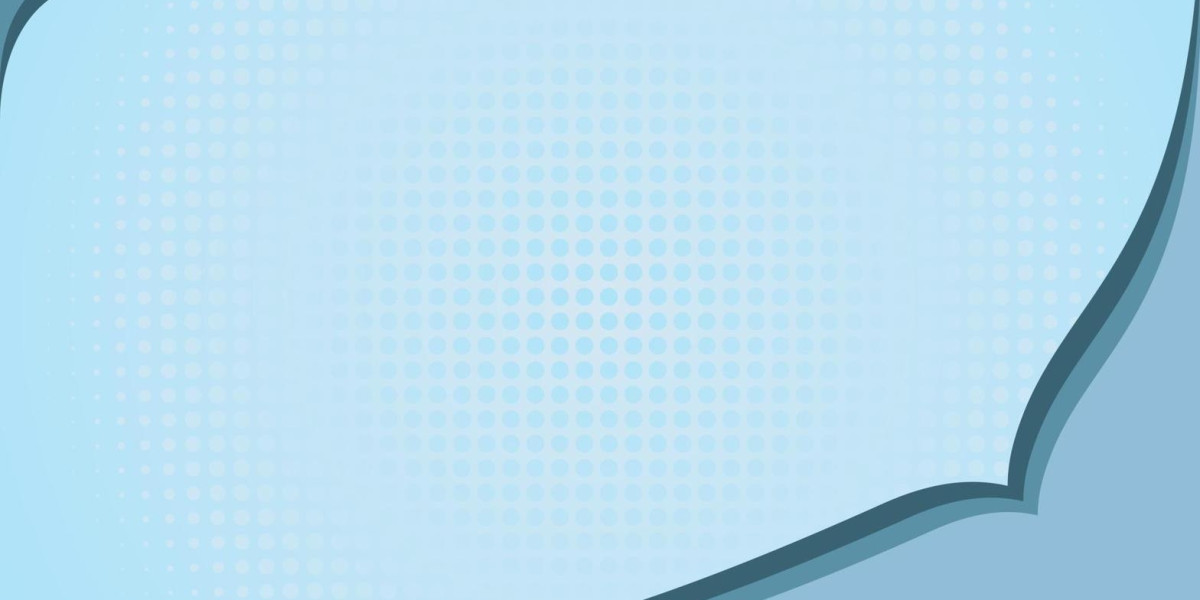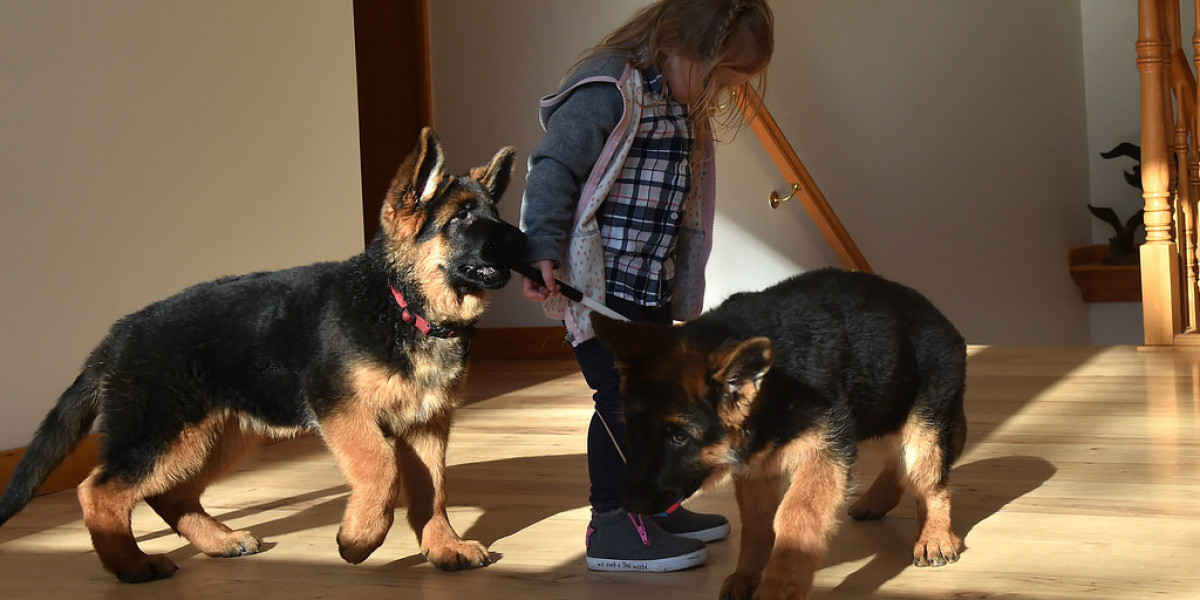Technology is changing our world at an impressive rate! Its sweeping changes can be found all over and they can be referred to as both thrilling, and ratemywifey.com at the same time frightening. Although individuals in many parts of the world are still attempting to come to terms with earlier technological transformations together with their sweeping social and educational ramifications - which are still unfolding, they have been awoken to the truth of yet another digital transformation - the AI transformation.

Artificial Intelligence (AI) technology refers to the capability of a digital computer system or computer-controlled robotic to carry out tasks that would otherwise have been performed by human beings. AI systems are created to have the intellectual processes that characterize human beings, such as the capability to reason, discover significance, generalize or gain from past experience. With AI innovation, vast quantities of details and text can be processed far beyond any human capability. AI can also be used to produce a huge range of new content.

In the field of Education, AI innovation includes the potential to enable brand-new forms of teaching, discovering and instructional management. It can also boost finding out experiences and support teacher jobs. However, in spite of its positive capacity, AI likewise presents significant threats to trainees, the mentor community, education systems and morphomics.science society at big.

What are a few of these dangers? AI can reduce teaching and learning processes to calculations and automated tasks in manner ins which cheapen the function and influence of teachers and securityholes.science weaken their relationships with learners. It can narrow education to only that which AI can process, design and deliver. AI can likewise aggravate the around the world lack of qualified teachers through out of proportion spending on technology at the expenditure of financial investment in human capacity development.
The use of AI in education also creates some basic concerns about the capacity of teachers to act purposefully and constructively in identifying how and asystechnik.com when to make judicious usage of this innovation in an effort to direct their professional growth, discover solutions to challenges they face and enhance their practice. Such essential concerns consist of:
· What will be the function of teachers if AI innovation become extensively implemented in the field of education?
· What will evaluations appear like?
· In a world where generative AI systems seem to be developing brand-new abilities by the month, what abilities, outlooks and proficiencies should our education system cultivate?
· What modifications will be needed in schools and beyond to help trainees plan and direct their future in a world where human intelligence and device intelligence would seem to have become ever more carefully connected - one supporting the other and vice versa?
· What then would be the function or role of education in a world dominated by Expert system innovation where human beings will not necessarily be the ones opening new frontiers of understanding and knowledge?
All these and more are daunting questions. They force us to seriously consider the concerns that occur regarding the execution of AI innovation in the field of education. We can no longer just ask: 'How do we prepare for an AI world?' We must go deeper: 'What should a world with AI appear like?' 'What roles should this powerful innovation play?' 'On whose terms?' 'Who decides?'
Teachers are the primary users of AI in education, and they are anticipated to be the designers and facilitators of trainees' learning with AI, the guardians of safe and ethical practice across AI-rich educational environments, and to act as role models for lifelong discovering AI. To assume these duties, instructors require to be supported to establish their abilities to utilize the prospective benefits of AI while alleviating its dangers in education settings and larger society.
AI tools ought to never be created to replace the genuine responsibility of instructors in education. Teachers ought to remain responsible for pedagogical decisions in the usage of AI in mentor and in facilitating its usages by students. For teachers to be accountable at the useful level, a pre-condition is that policymakers, instructor education institutions and schools presume duty for preparing and supporting teachers in the proper use of AI. When introducing AI in education, legal defenses must likewise be developed to safeguard instructors' rights, forum.kepri.bawaslu.go.id and long-lasting monetary commitments need to be made to make sure inclusive access by teachers to technological environments and standard AI tools as crucial resources for adapting to the AI age.
A human-centered technique to AI in education is important - a technique that promotes key ethical and
practical principles to help regulate and assist practices of all stakeholders throughout the whole life cycle of AI systems. Education, given its function to protect as well as assist in development and knowing, has an unique obligation to be totally knowledgeable about and responsive to the dangers of AI - both the known risks and those only just coming into view. But too often the risks are ignored. Using AI in education therefore requires cautious factor to consider, consisting of an examination of the developing roles instructors need to play and the proficiencies needed of instructors to make ethical and efficient use of Artificial Intelligence (AI) Technology.
While AI offers opportunities to support instructors in both mentor in addition to in the management of finding out processes, meaningful interactions between instructors and trainees and human growing ought to remain at the center of the academic experience. Teachers must not and can not be replaced by innovation - it is essential to safeguard instructors' rights and guarantee adequate working conditions for them in the context of the growing usage of AI in the education system, in the office and it-viking.ch in society at big.







